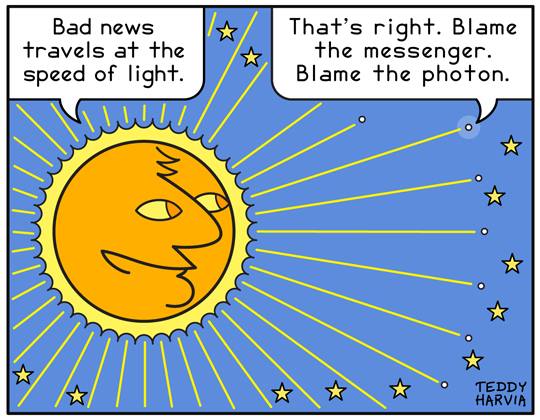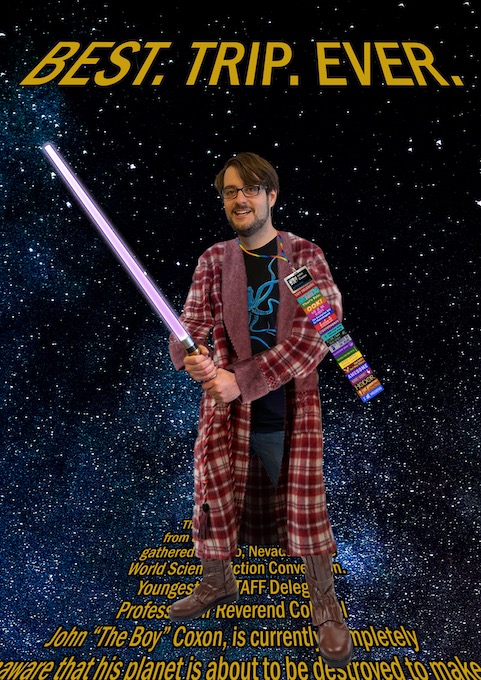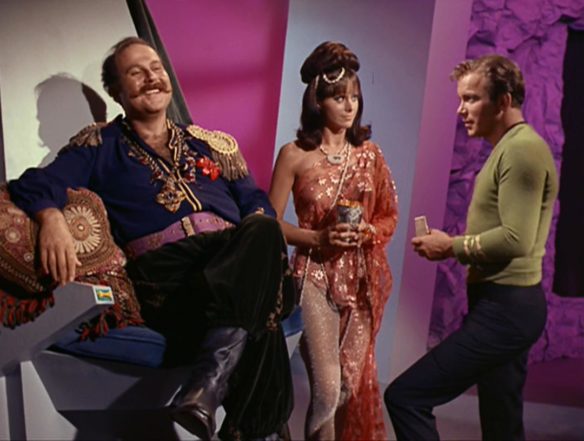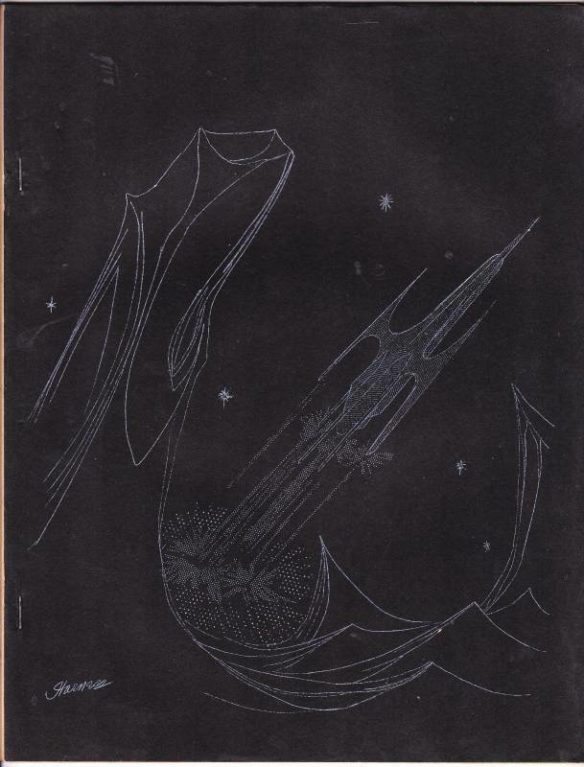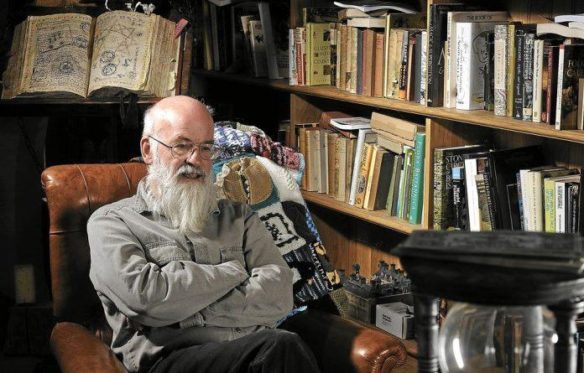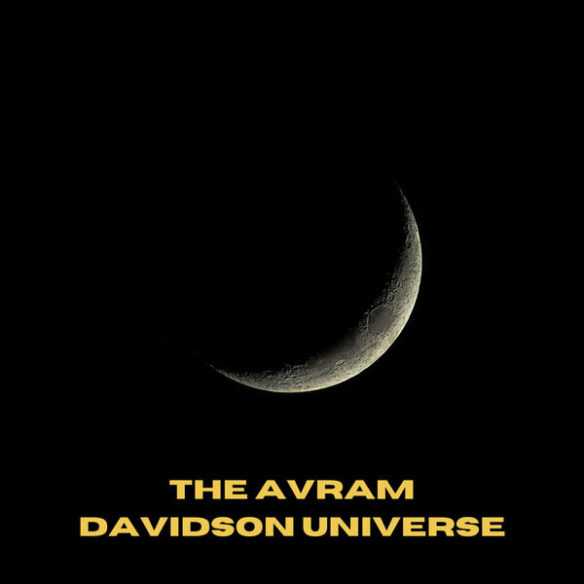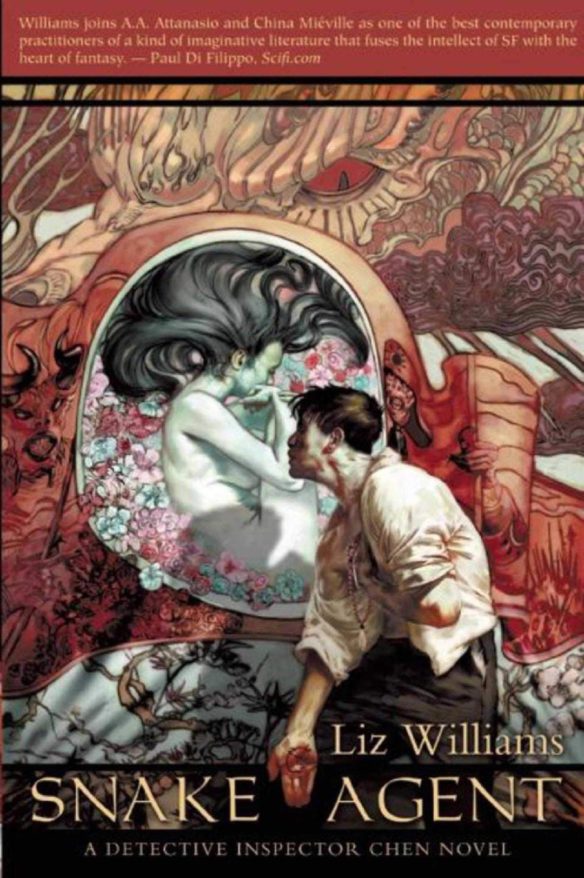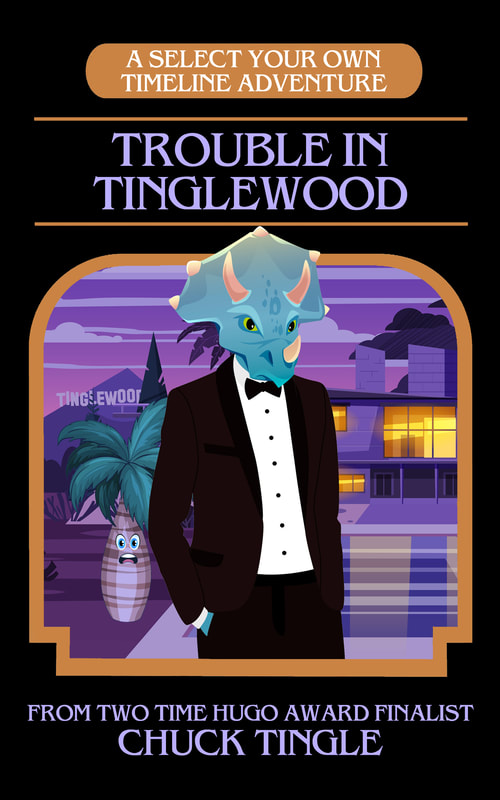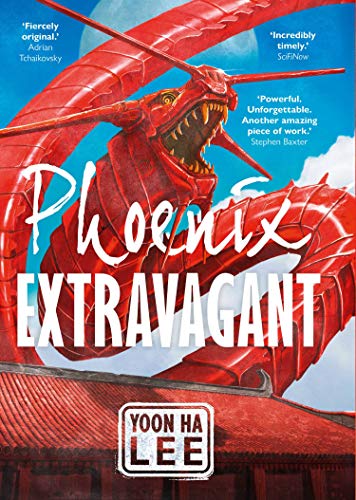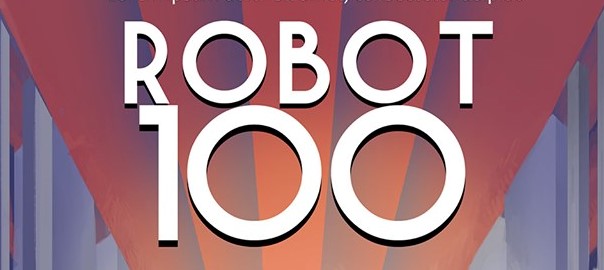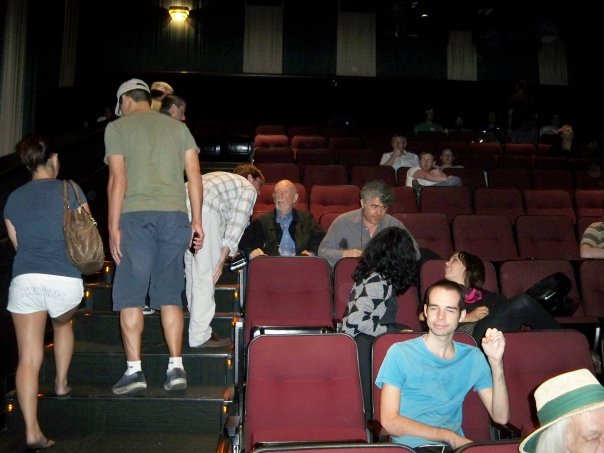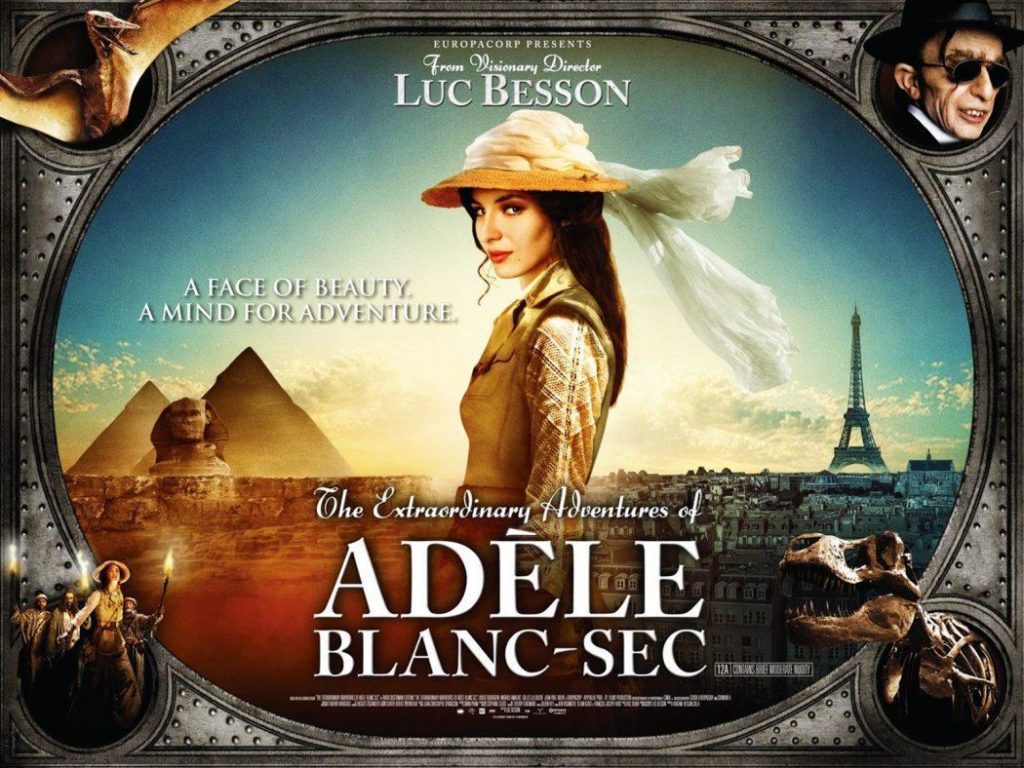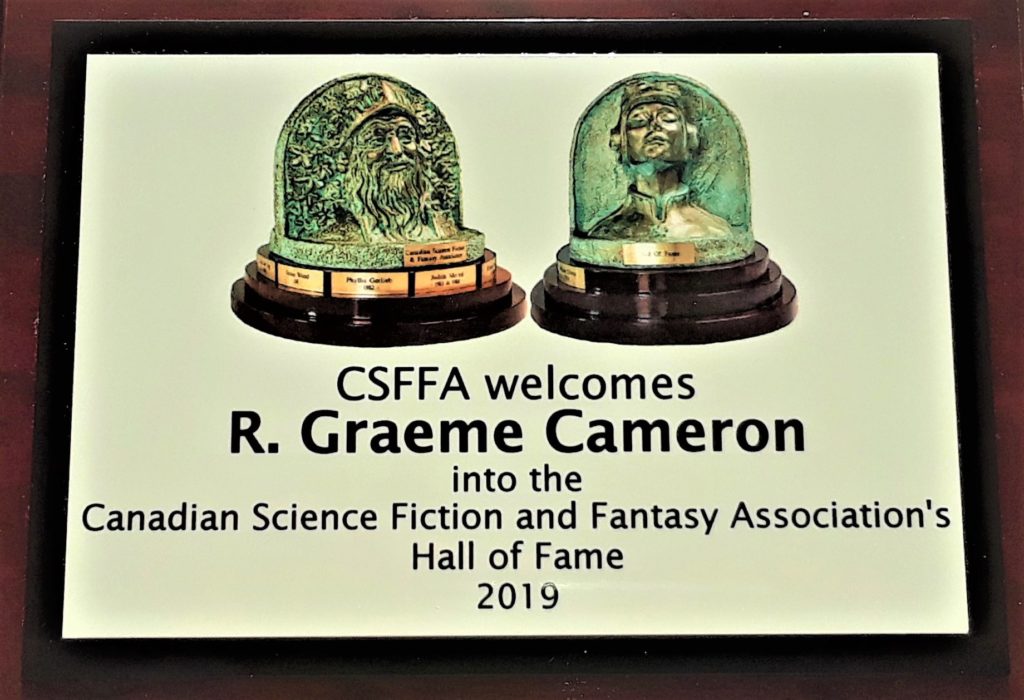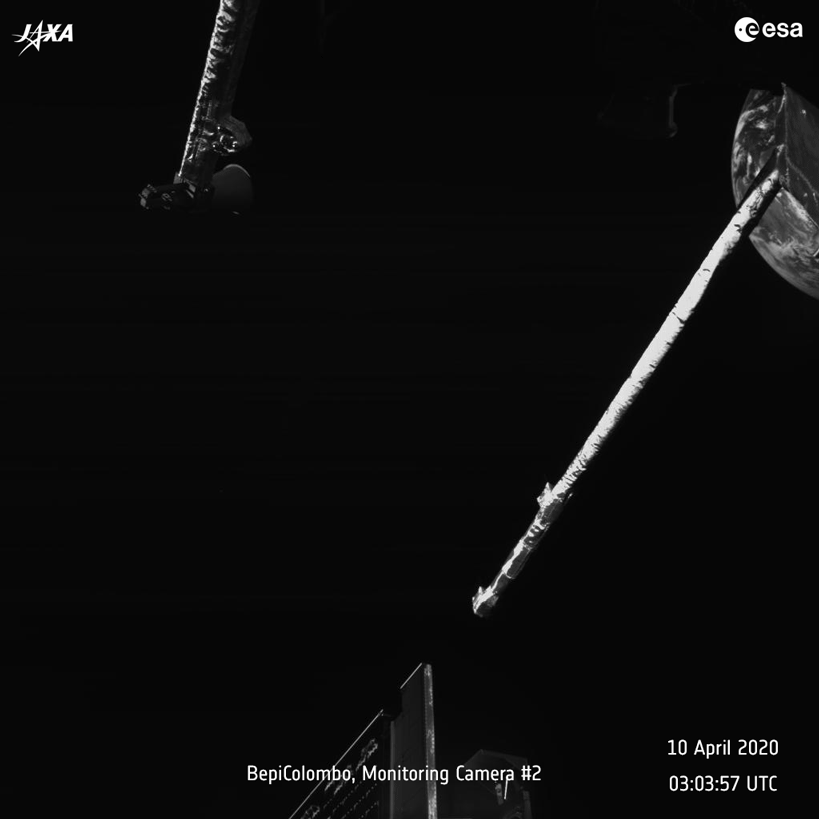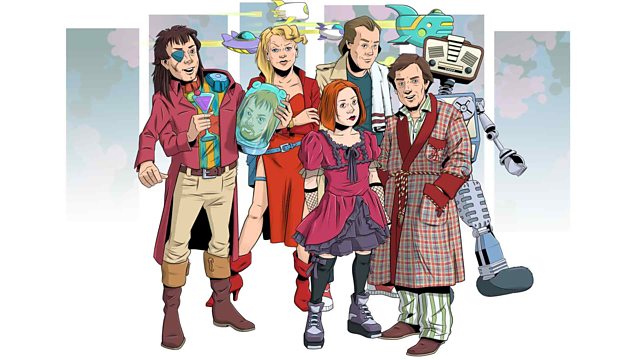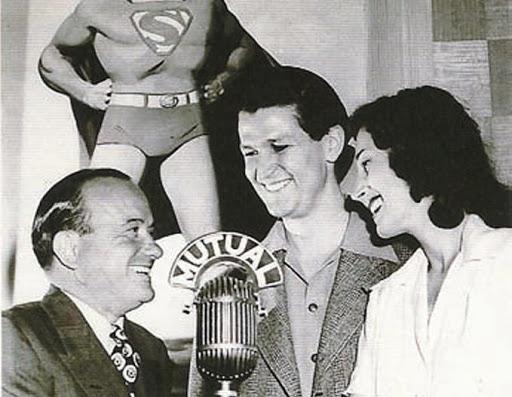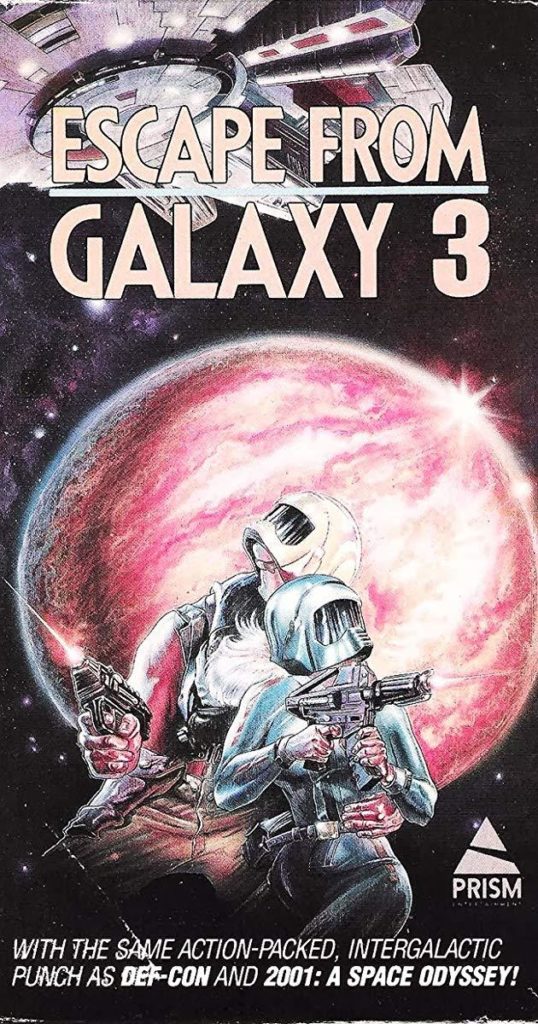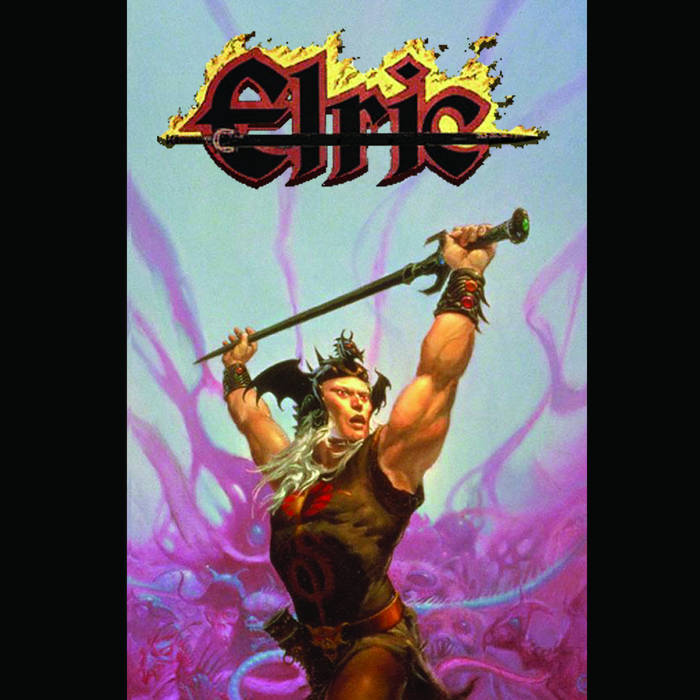(1) GRATING EXPECTATIONS. Piper J. Drake analyzes readers’ reactions based on default views of history in “Marginalized people living varied and fulfilled lives in genre fiction is historically accurate” at the SFWA Blog.
Earlier this year, an author of color announced the acquisition of her new historical romance series. In direct reply to her tweet, someone publicly questioned the historical accuracy of the series. The author of color was prepared because she knew she would be challenged about “historical accuracy” and she provided an organized response. The challenger deleted her tweet but doubled down on her right to question the author and circled back to her own feed to gain sympathizer support for the attitude she was getting from the author of color because she “just asked a question.” For those sympathizers, I broke down the original challenge to demonstrate why it wasn’t just a question but, in reality, an insidious attack.
Let’s unpack this, because one might wonder why we’re even discussing historical accuracy in science fiction and fantasy. After all, these genres are fiction. Accuracy doesn’t need to come into play.
But here’s the thing: when the question of historical accuracy is raised regarding fiction, it’s rarely — if ever — actually about facts or history.
It’s about the default, the norm.
It’s about what some people consider to be true simply because they’ve never questioned those assumptions, and the reality they default to is often wrong….
(2) SERPELL ON AFROFUTURISM. The Huntington has posted “Black Matter”, in which Namwali Serpell, professor of literature at Harvard, author of The Old Drift, and recent recipient of the Arthur C. Clarke award for the best science fiction novel published in the UK, discusses the origins of afrofuturism. This is the Ridge Lecture for Literature
(3) PICKING UP AFTER PICARD. Abigail Nussbaum copes with Trek-induced anxieties in “One More Adventure: Thoughts on Star Trek: Picard”, which she says ends up wasting its beloved titled character.
I watched the first few episodes of Star Trek: Picard this spring, and then stopped. I could blame a lack of time, too many shows on my schedule and not enough hours to keep up with all of them (this was the reason that I similarly ended up dropping the most recent season of Legends of Tomorrow, which I wrote up on my tumblr last week). But really, the reason was that Picard made me anxious. All new Star Trek does. I find it impossible to watch these shows without the constant awareness that the people who are the franchise’s current stewards have, at best, a teaspoon’s-depth understanding of what it is and why it works, and I end up feeling constantly on guard against the next travesty they’re sure to commit. Which also makes me kind of sick of myself, for watching like that, being unable to let go, unable to trust the story to take me where it wants to go—even if that distrust is well earned. It’s for this reason, I think, that I found this summer’s new animated foray into the franchise, Lower Decks, so relaxing. The show is wall-to-wall fanservice, with absolutely no pretension of doing anything new with its material. So while the result is, inevitably, uninvolving, it’s also easier to trust.
Picard, in contrast, seems designed to agitate my NuTrek anxieties….
(4) CRITICS’ CHOICE. Silvia Moreno-Garcia and Lavie Tidhar line up their picks of the year: “2020 books: Best science fiction, fantasy and horror” in the Washington Post. The list of five opens with —
Jones, a member of the Blackfeet Nation, conjures a revenge story involving friends who are haunted by a supernatural entity. The tale calls to mind classics such as “It” and “Ghost Story.” Jones’s take is a fresh and enticing tale — and features a memorable foe.
(5) ‘TIS THE SEASON. Journey Press hopes you’ll do some gift shopping off their booklist — “Received from Galactic Journey, reposted with permission”, signal boosted by James Davis Nicoll.
As you may know, the book business has been hit inordinately hard by COVID. Printing and shipping have been disrupted, but more importantly, bookstores have been locked down. Those that are open have lower foot traffic for obvious and good reasons.
For presses like mine , which have prioritized brick and mortar shops over Amazon, it’s been a rough time.
With the holiday season coming up, I wonder if you might consider one or more of our books as gift possibilities — for others…and yourself. Not only would you be getting some great reading material, you’d be helping me and Journey Press out at a time when we could really use some good news. I guarantee you will enjoy all of these, as will anyone you give them to:
(6) BE EARLY BIRDS. The annual “H.G. Wells Short Story Competition” offers a £500 Senior and £1,000 Junior prize and free publication of all shortlisted entries in a quality, professionally published paperback anthology.
The theme for the 2021 HG Wells Short Story Competition will be “Mask”. The competition will open in early 2021, and close in July 2021.
Get started now while we wait for them to start taking submissions.
(7) RIPPLES ON THE POND. Engadget delivered the news — “The Hugo Awards will have a video game category in 2021” with a link in the last sentence to the post here – presumably the strong case was made in the comments, or the linked article by Ira Alexandre.
…As things stand, video games won’t be an ongoing fixture at the Hugo Awards. That’s not unusual. The awards have consistently experimented with categories. In 2002 and 2005, for instance, it gave out awards to the best websites, but hasn’t done so since. The good news is that the Hugo Study Committee will consider adding a permanent Best Game or Interactive Experience category, and there’s a strong case to be made for their inclusion.
On the other hand, PC Gamer is condescending in its coverage: “The Hugo Awards are getting a videogame category—but only for 2021”.
…Hold on, I hear you say, haven’t games been meaningful prior to early 2020? Isn’t the continued growth of the gaming industry a pretty strong signifier of how many people spend a large amount of time gaming, pandemic or no?
Well, even though videogames do have a rather large audience overlap with science fiction novels, the people who actually nominate and vote for the awards may not be a prime gaming audience. These are the same people who just last year showed that when it comes to diversity, the Hugos still have some way to go, and who reference Pong in reply to their own gaming category announcement. Back in 2006, a newly-introduced videogames category to the Hugo Awards was dropped due to lack of interest.
(8) MEDIA BIRTHDAY.
- November 24, 1985 — Ewoks: The Battle for Endor premiered on ABC. It was produced and written by George Lucas. Starring Wilford Brimley, Warwick Davis, Aubree Miller, Paul Gleason and Carel Struycken, the sequel to Caravan of Courage: An Ewok Adventure was considered mostly harmless by critics. It is treated as canon by Lucas. It holds a 51% rating at Rotten Tomatoes.
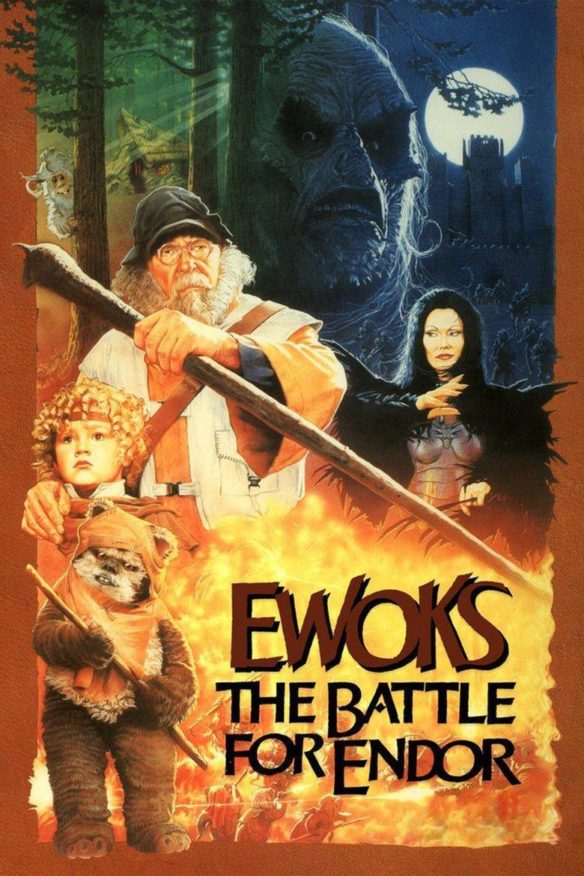
(9) TODAY’S BIRTHDAYS.
[Compiled by Cat Eldridge and John Hertz.]
- Born November 24, 1849 – Frances Hodgson Burnett. Four novels for us including The Secret Garden, nine shorter stories; much other work outside our field including Little Lord Fauntleroy, first loved, then hated (“an awful prig”), perhaps due for re-examining. John Clute, whom I love to agree with because it’s so seldom, says “The supernatural content of [SG] is slight … but the book as a whole, like the best fantasies, generates a sense of earned transformation…. ‘Behind the White Brick’ stands out…. has a swing and a drive … makes one regret that FHB did not write full-length fantasies.” (Died 1924) [JH]
- Born November 24, 1907 — Evangeline Walton. Her best known work, the Mabinogion tetralogy, was written during the late 1930s and early 1940s, and her Theseus trilogy was produced during the late 1940s. It’s worth stressing Walton is best known for her four novels retelling the Welsh Mabinogi. She published her first volume in 1936 under the publisher’s title of The Virgin and the Swine which is inarguably a terrible title. Although receiving glowing praise from John Cowper Powys, the book sold quite awfully and none of the other novels in the series were published at that time. Granted a second chance by Ballantine’s Adult Fantasy series in 1970, it was reissued with a much better title of The Island of the Mighty. The other three volumes followed quickly. Witch House is an occult horror story set in New England and She Walks in Darkness which came out on Tachyon Press is genre as well. I think that is the extent of her genre work but I’d be delighted to be corrected. She has won a number of awards including the Mythopoeic Award for Adult Literature, Best Novel along with The Fritz Leiber Fantasy Award, World Fantasy Award, Convention Award and the World Fantasy Award for Life Achievement. (Died 1996.) (CE)
- Born November 24, 1912 – Charles Schneeman. Ten covers, three hundred interiors. Here is the May 38 Astounding. Here is the Jan 40. Here is the Nov 52. Here is the Aug 68 Riverside Quarterly. This is for Gray Lensman. This is for “The Scrambler”. (Died 1972) [JH]
- Born November 24, 1916 – Forrest J Ackerman. (No punctuation after the J). Pioneer and indeed a founder of fandom; collector (he was the Grand Acquisitor); editor, literary agent. Famous for wordplay, he was known as 4e, 4sj, and much else. At Nycon I the first Worldcon he and Morojo – an Esperanto nickname, they were both Esperantists – wore what he called futuristicostumes, pioneering that too. Winning a Hugo for #1 Fan Personality, never given before or since, he walked off stage leaving it, saying it really should have gone to Ken Slater. For years administered the Big Heart, our highest service award. In one of his more inspired puns, called us the Imagi-Nation. (Died 2008)
- Born November 24, 1942 – Alicia Austin, 78. Fan and pro artist. Three dozen covers, four hundred eighty interiors. Inkpot; one Hugo; World Fantasy Award; Guest of Honor at ConFrancisco the 51st Worldcon; more. This Program Book page shows her logograph for L.A.Con (in retrospect L.A.con I). Artbook Alicia Austin’s Age of Dreams. Here is The Last Castle. Here is Solomon Leviathan’s Nine Hundred Thirty-First Trip Around the World. Here is Bridging the Galaxies. [JH]
- Born November 24, 1948 — Spider Robinson, 72. His first story “The Guy with the Eyes” was published in Analog February 1973. It was set in a bar called Callahan’s Place, a setting for much of his later fiction. His first published novel, Telempath in 1976 was an expansion of his Hugo award-winning novella “By Any Other Name”. The Stardance trilogywas co-written with his wife, Jeanne Robinson. In 2004, he began working on a seven-page 1955 novel outline by the late Heinlein to expand it into a novel. The resulting novel would be called Variable Star. Who’s read it? Oh, he’s certainly won Awards. More than be comfortably listed here. (CE)
- Born November 24, 1949 – Jim Warren, 71. A hundred covers, two hundred twenty interiors. Artbooks The Art of Jim Warren; Painted Worlds. Here is All Flesh is Grass. Here is Jimi Hendrix. Here is a Disney-related image (JW is an official Disney artist). He is self-taught. [JH]
- Born November 24, 1951 – Ruth Sanderson, 69. Eight short stories, a score of covers, two dozen interiors for us; much other work outside our field. Two Chesleys. World Fantasy Con 2011 Program Book. Here is The Princess Bride. Here is The Snow Princess. Here is The Golden Key. Here is The Twelve Dancing Princesses, in a grayscale coloring book for adults. Here is her Little Engine That Could. [JH]
- Born November 24, 1957 — John Zakour, 63. For sheer pulp pleasure, I wholeheartedly recommend his Zachary Nixon Johnson PI series which he co-wrote with Larry Ganem. Popcorn reading at its very best. It’s the only series of his I’ve read, anyone else read his other books? (CE)
- Born November 24, 1957 — Denise Crosby, 63. Tasha Yar on Next Gen who got a meaningful death in “Yesterday’s Enterprise”. I other genre work, She was on The X-Files as a doctor who examined Agent Scully’s baby. And I really like it that she was in two Pink Panther films, Trail of the Pink Panther and Curse of the Pink Panther, as Denise, Bruno’s Moll. And she’s yet another Trek performer who’s popped doing what I call Trek video fanfic. She’s Dr. Jenna Yar in “ Blood and Fire: Part 2”, an episode of the only season of Star Trek: New Voyages. (CE)
- Born November 24, 1957 — Jeff Noon, 63. Novelist and playwright. Prior to his relocation in 2000 to Brighton, his stories reflected in some way his native though not birth city of Manchester. The Vurt sequence whose first novel won the Arthur C. Clarke Award is a very odd riff off Alice in Wonderland that Noon describes as a sequel to those works. Noon was the winner of the Astounding Award for the Best New Science Fiction Writer. (CE)
- Born November 24, 1965 — Shirley Henderson, 55. She was Moaning Myrtle in Harry Potter and the Chamber of Secrets and Harry Potter and the Goblet of Fire. She was Ursula Blake in “Love & Monsters!”, a Tenth Doctor story, and played Susannah in Tristram Shandy: A Cock and Bull Story, a film that’s sf because of the metanarrative aspect. (CE)
(10) COMICS SECTION.
- Lio shows why you never got that flying saucer as a kid.
- Lio also prompts this note to self: Avoid horror movie pop-up books.
- Pearls Before Swine discusses the challenges of writing during the lockdown.
- Off the Mark has an X-ray vision of a Thanksgiving Day truth.
(11) DOCTOROW. Register at the link to watch Cory Doctorow’s talk on “How to Destroy Surveillance Capitalism” — 2020 Beaverbrook Annual Lecture Part 2 on November 30 at 12:00 Eastern. A live Q&A session will follow.
His lecture, “How to Destroy Surveillance Capitalism” will build from his recently published book of the same name, and will respond to the current state of surveillance capitalism through a critical analysis of technological and economic monopolies.
(12) CONTESTS OF NOTE. [Item by Martin Morse Wooster.] In the Washington Post, Haben Kelati has a piece about contests for kids. She lists three of them and I thought two were pertinent.
The Geek Partnership Society has a contest for kids to write poetry, comic books, or short stories with sf or fantasy elements, with prizes being $50-75 gift cards: Writing Contest – Geek Partnership Society.
NASA has a contest where kids imagine who they’d bring on an expedition to the Moon’s south pole and one piece of technology they’d leave on the Moon to help future astronauts. Three first prizes get trips to see an Artemis-1 launch and nine second prizes get tours of the Johnson Space Center. Future Engineers :: Moon Pod Essay Contest.
(13) HE WAS FIRST. “2020 National Book Festival Highlights: Gene Luen Yang” includes video of Yang’s presentation.
When Gene Luen Yang was named the 2016-2018 National Ambassador for Young People’s Literature, the honor represented more than just recognition for his extraordinary work. It was also a profound acknowledgment of the importance of a genre that was once relegated to being mere comics.
Yang was the fifth National Ambassador, but the first graphic novelist to receive the honor.
The Library of Congress and the Children’s Book Council bestow the ambassadorship on a writer for his or her contributions to young people’s literature, the ability to relate to kids and teens, and a dedication to fostering children’s literacy.
In “Dragon Hoops” (First Second), Yang’s first nonfiction work, he turns the spotlight on his life, his family, basketball and the high school where he once taught. In “Superman Smashes the Klan” (DC Comics), a Chinese-American teenager awakens to find his house surrounded by the Klan of the Fiery Kross.
In the video Yang recorded exclusively for the Library, he speaks eloquently about the importance of libraries in disseminating stories: “Libraries are the keepers of stories. Stories define culture, right? Whether or not we have hopeful culture or a culture that’s mired in despair is completely up to the stories that we tell. It’s completely up to the stories that are taken care of by our libraries, that are collected and disseminated by our libraries.”
(14) WELCOME TO AARP. My fellow geezers, here’s a chance to play the video games of your youth without that Atari console you wouldn’t have anyway because if you did you’d have sold it by now. “Atari Video Games – Classics Available To Play Online”. Asteroids, Breakout, Centipede, Missile Command, and Pong.
(15) CALCULUS OR BUST. In the Washington Post, education columnist Jay Mathews says he is re-reading Have Space Suit, Will Travel and notes that Heinlein foresaw a dominance of “progressive education,” where students pick the courses of interest to them. “Progressive education hard to pin down because it’s everywhere”
…It is called progressive education. It took a beating in the 1950s, particularly from conservatives like Heinlein. In his novel, he describes a future time when humans are living on the moon and exploring the solar system, but the progressive commitment to student-centered learning in the United States has led to this class schedule described by the book’s hero, an ambitious high school sophomore:
“Social study, commercial arithmetic, applied English (the class had picked ‘slogan writing’ which was fun), handicrafts .?.?. and gym.” The school has no math classes beyond algebra and geometry, so the hero’s father persuades him to learn trigonometry and calculus on his own to pursue his dream of going to space.
…Heinlein died in 1988 at age 80. He might be pleasantly surprised that in the real 21st century, even at a small-twon school like the one in his book, calculus is likely to be available, as well as college-level courses in chemistry and biology and reading of real literature. My visits to schools often reveal that despite Heinlein’s doubts, progressive education has deepened learning with projects and topics relevant to students’ lives.
(16) IN DOUBTFUL TASTE. The New York Times wants to know “Why Were Canadians Warned Not to Let Moose Lick Their Cars?”
Visitors at a Canadian national park were greeted with a rather unusual digital road sign this weekend: “Do not let moose lick your car.”
The sign caught the imagination of the internet and led to questions like:
“What happens if a moose licks your car?”
“Is it really that big of a problem?”
And, perhaps most salient: “Exactly how would you stop them?”
As it turns out, the signs were put up by officials of Jasper National Park, in … Alberta, to try to stop moose from licking road salt off idling cars — a serious problem that can present dangers to the vehicles, the drivers and the moose.
Steve Young, a spokesman for the park, said … moose usually got their salt, a vital part of their diets, from salt licks… But the animals discovered that they could get the mineral from cars splashed with road salt. (It has begun snowing in Jasper, and salt can help melt ice on roads.) continues….
(17) VIDEO OF THE DAY. In “Watch Dogs: Legion” on YouTube, Fandom Games says the future London portrayed in this series “is like now, only 20 percent more Elon Musk-ified.”
[Thanks to John King Tarpinian, Martin Morse Wooster, JJ, Cat Eldridge, Mike Kennedy, John Hertz, Michael Toman, Darah Chavey, James Davis Nicoll, and Andrew Porter for some of these stories. Title credit goes to File 770 contributing editor of the day John A Arkansawyer.]

